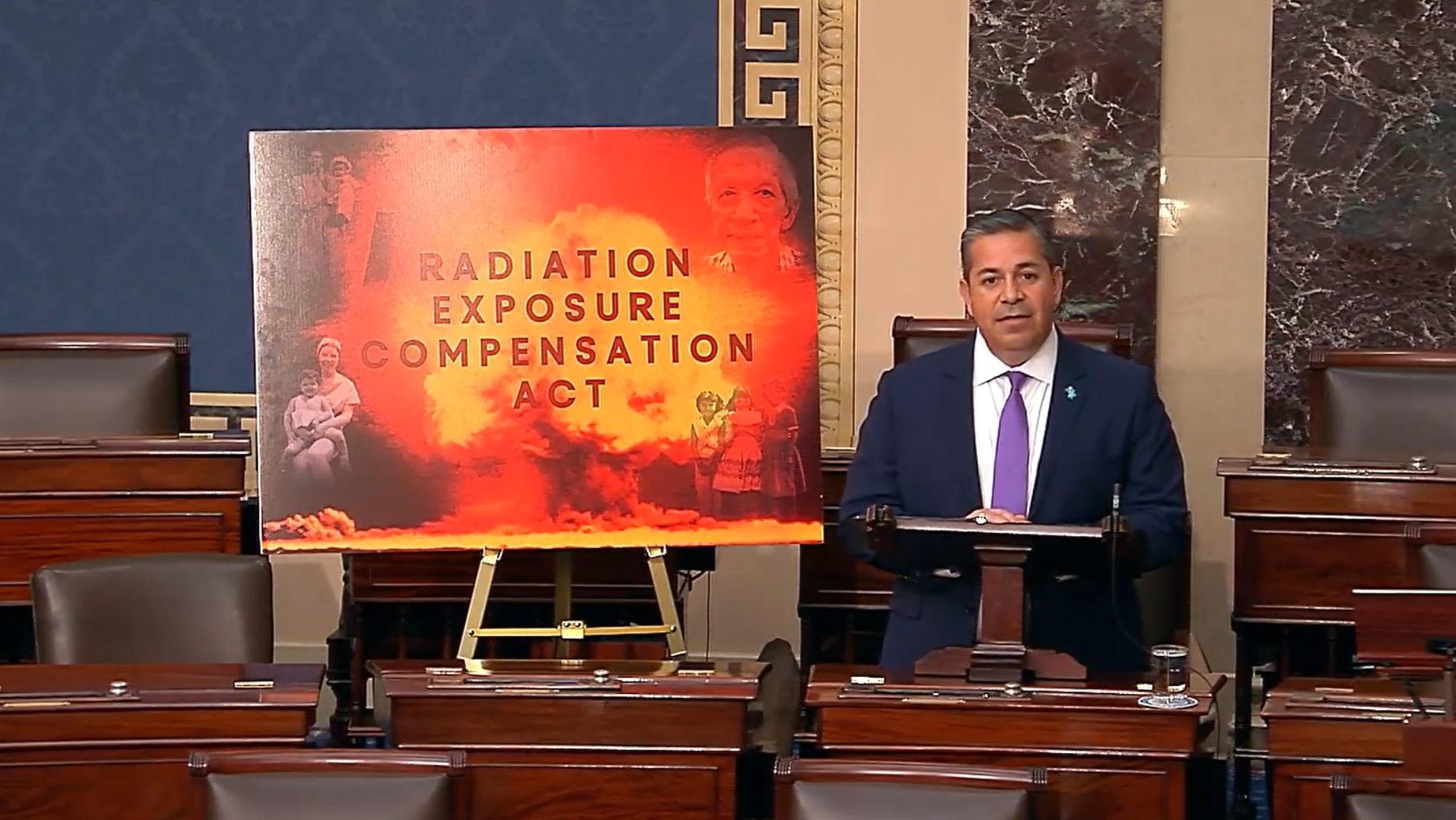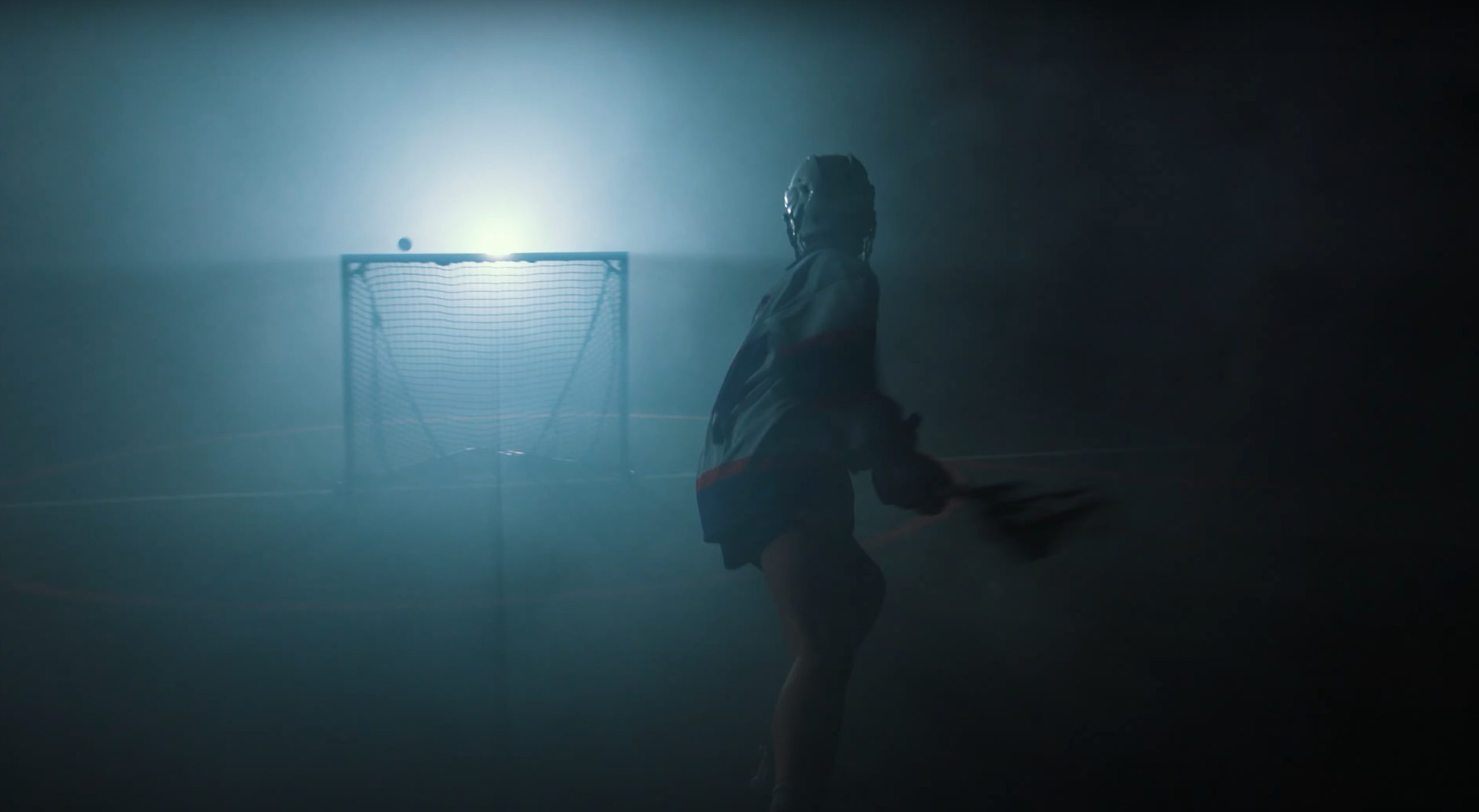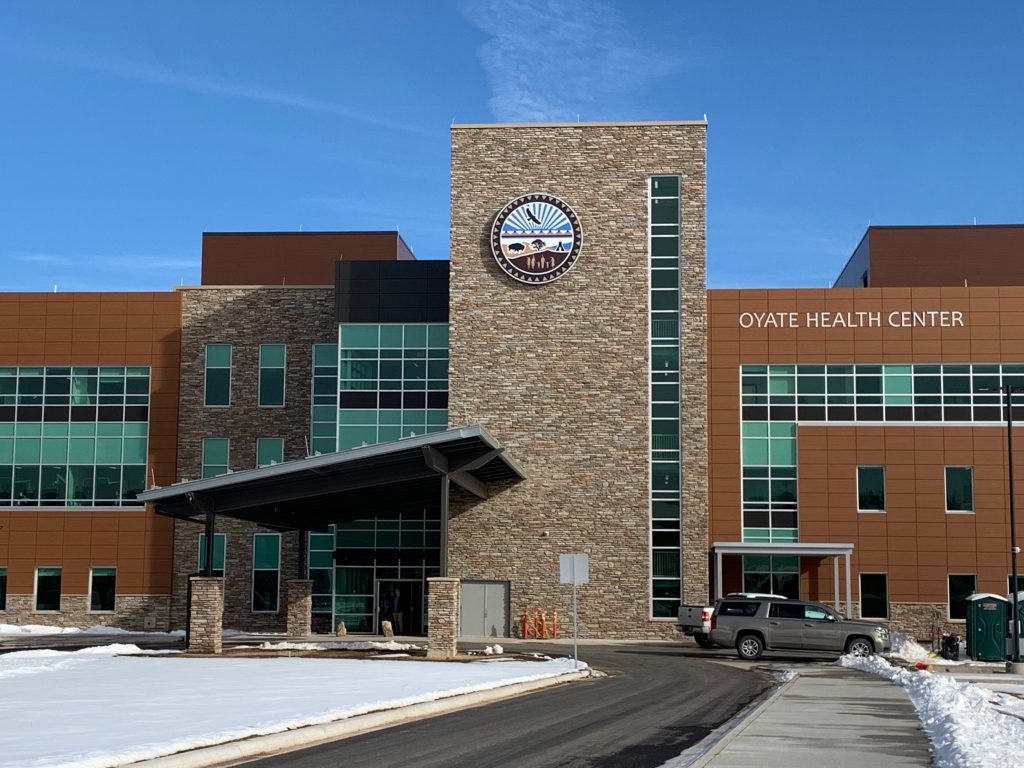Podcast: Play in new window | Download | Embed
The Oyate Health Clinic in Rapid City is celebrating five years.
As South Dakota Public Broadcasting’s Lee Strubinger reports, officials are marking the beginning of the clinic when tribes exercised Indian Self-Determination Act laws to provide their own healthcare.
Oyate Health Clinic started out serving 12,000 patients and was operating in a building constructed in the late 19th century.
Now, the clinic is in a new facility and is serving nearly double the number of patients.
Jerilyn Church is the president and CEO of Oyate Health Clinic.
The Minecoujou Lakota says Oyate Health incorporates culture into healthcare.
Church says Oyate’s approach is what sets them apart from other health systems.
“We don’t refer to the people we serve as patients, or clients, or consumers. They are our relatives and we treat them as such. Before we incorporate any new policy, any new service, any change in how we provide healthcare, we get feedback from the community and we ask them and we continually ask them how we’re doing.”
Church says the clinic is looking to expand services.
Healthcare is a treaty right for tribal members.
Ryman LeBeau is the Cheyenne River Sioux Tribal Chairman, as well as chair of the Great Sioux Tribal Leaders Health Board.
He was at the Sioux San building five years ago when the tribes took control of the former boarding school and tuberculosis sanitorium.
The Two-Kettle Lakota says the clinic is tribal sovereignty in action.
“And providing healthcare for our people. That really changes the narrative here, we’re no longer waiting on Indian Health Service to provide health care. We’re doing it ourselves, and we’re sustainable at it.”
LeBeau says insurance billing has been a big success in funding the clinic.
He says it allows for other services to get brought in.
LeBeau says the goal is for the clinic to receive referrals from nearby reservations.
 This week, tribal members are hoping to persuade U.S. lawmakers to revive a program that compensates people who were exposed to nuclear fallout and uranium mining.
This week, tribal members are hoping to persuade U.S. lawmakers to revive a program that compensates people who were exposed to nuclear fallout and uranium mining.
The Mountain West News Bureau’s Yvette Fernandez reports.
The Radiation Exposure Compensation Act (RECA) is particularly impactful for the Navajo Nation, where uranium mining was critical in the making of the atomic bomb.
Spokesperson Justin Ahasteen recalls the story of one person’s battle to get help treating cancer.
“Lesley Begay had to sell all of his livestock, had to relocate to the city, he had to do everything he could to stay alive. And by the good acts of God was able to receive his double lung transplant. He’s one person out of thousand who’ve been affected.”
Under the RECA program, those who qualified received about a third of the cost of cancer treatment.
Members of several tribes including Navajo Nation, Laguna Pueblo, and Zuni Pueblo raised funds to travel by bus from New Mexico to Washington D.C.
Meanwhile, Navajo Nation President Buu Nygren and Navajo Nation Council Speaker Crystalyne Curley are joining a group of U.S. lawmakers Tuesday for a press conference.
They’re urging House Speaker Mike Johnson to hold a vote on the legislation.
Lawmakers say it’s been more than five months since there was a bipartisan vote to strengthen the RECA program.
 The Oneida Indian Nation in New York is hosting four games featuring world men’s and women’s lacrosse teams.
The Oneida Indian Nation in New York is hosting four games featuring world men’s and women’s lacrosse teams.
The 2024 World Lacrosse Box Championship games are being held Tuesday at the tribe’s Mary C. Winder Community Center.
The new 90,000-square-foot center is expected to welcome thousands of people for pool play matchups.
The games will be broadcast nationally.
Get National Native News delivered to your inbox daily and stay up-to-date on the 2024 Native Vote. Sign up for our daily newsletter today.



